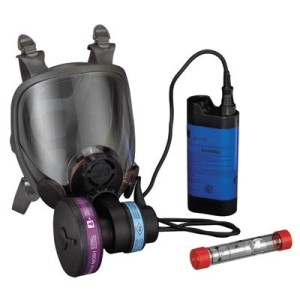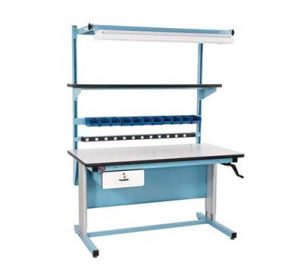Ergonomics, safety and wellness since 1991
ERGONOMIC SPECIALTIES, LTD. (ESL) was founded and incorporated by Frank J. DiLeo III in mid 1991. The company was formed to provide professional consulting and training services to educate and guide its clients to meet the ergonomic needs of their employees. As the company grew, it became apparent that specially designed ergonomic products were required to implement the recommended solutions being proposed. Due to the infancy of the ergonomic industry, these products were not available from existing manufacturing sources. For this reason, ESL expanded into a marketing, product design and distribution company handling a wide array of ergonomic products to solve various problems for its clients.
ESL has made its mark by offering “one stop shopping” to its clients which results in quicker attainment of the clients ergonomic goals and priorities. ESL can determine the needs, advise management of corrective action and fully implement the selection, purchasing and installation of required products. The company provides a full range of consulting services as well as high quality ergonomic products that offer optimal functionality at competitive prices.
As the firm continued to grow it expanded further into the overall health, wellness and injury prevention of employees in all types of working environments. ErgoSpec now supplies over 50,000 ergonomic, safety, furniture, material handling, welding equipment, tools & hardware, office & school supplies and janitorial & maintenance products for its clients.
The Ergonomic industry
Ergonomics was recently acknowledged as the industry playing a major role in shaping the 21st century workplace for all classes of employees throughout our country. This industry through its products and services will not only enjoy endless opportunities to assist in increasing workers’ productivity levels, but also reduce costs for its clients in areas such as workers’ compensation, health care insurance, employee sick leave, and employee welfare/morale.
With the growing concern for employee safety, welfare and productivity at all levels of government – federal, state and local, this industry should benefit substantially from the adoption of legislation, work practice regulations and safety guidelines. Many areas have already passed or are contemplating passage of workplace protection laws mandating the use of ergonomics for insuring employee welfare. Recently, OSHA guidelines were released to inform owners, management and employees of these ergonomic requirements.



